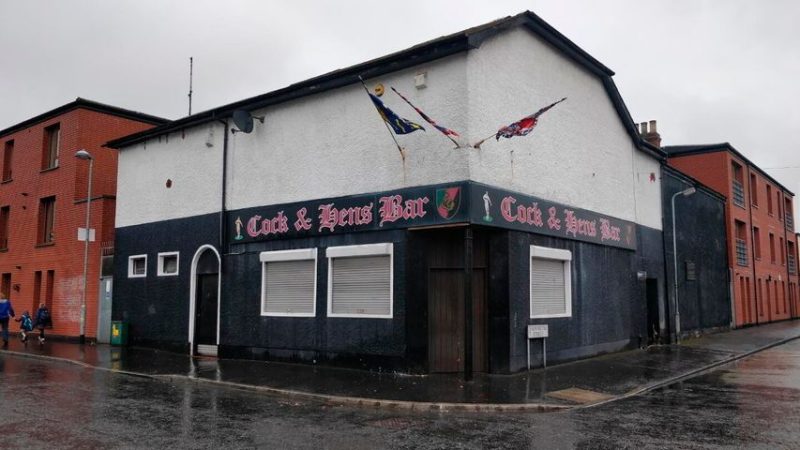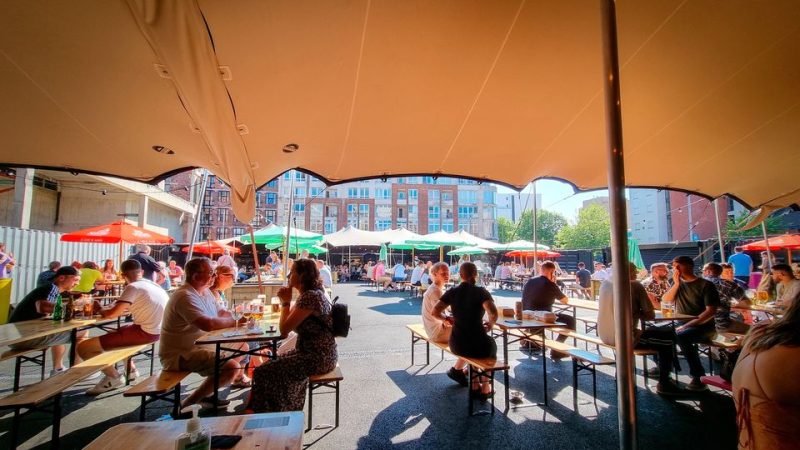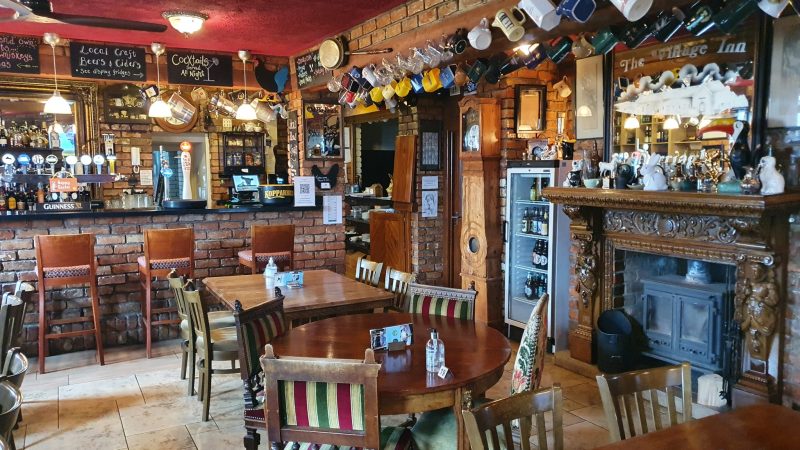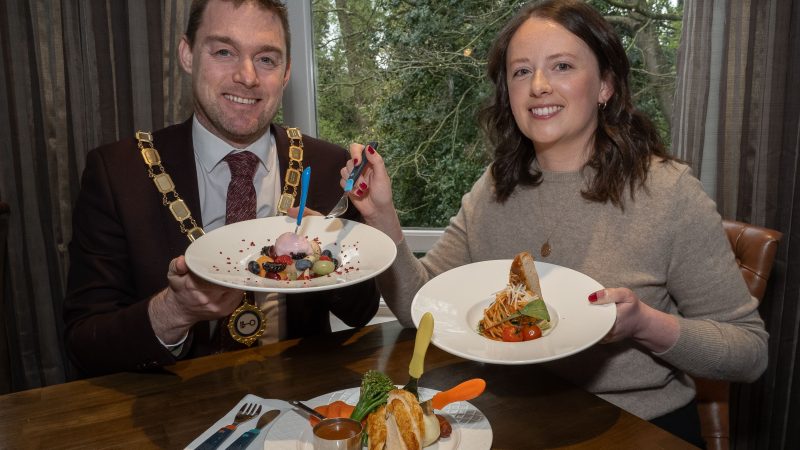‘Tough’ winter forecast for hotels sector

Performance figures just released by independent benchmarking firm, STR, have laid bare the ‘perilous’ position in which the NI hotels sector finds itself in the midst of the coronavirus pandemic.
The statistics will make grim reading for the industry. From a year-to-date perspective, all metrics are down with a staggering 53 per cent drop in occupancy across the country. Occupancy in the month of July was just 24.9 per cent with an average room rate of £78.13.
A recent analysis by the NI Hotels Federation confirms a widely-held anecdotal view that rural locations are faring better than the cities. STR’s figures show that hotels in Fermanagh, the Mournes and along the North Coast had the highest occupancy rates in July while Derry-Londonderry recorded 31.9 per cent and Belfast had just 21.4 per cent.
In a statement, the Federation said that it was difficult to imagine the extent of the challenge facing the industry as it sought to re-launch itself at the beginning of July with limited bookings and no blueprint for trading during a pandemic.
Darren Gilbert of Crossroads Properties, which owns the Seagoe Hotel in Portadown and The Waterfoot in Derry-Londonderry, confirms the general trend. Although the Waterfoot has continued to enjoy some staycation business, particularly at weekends, and there is some limited demand for the leisure facilities in Portadown, occupancy so far this year is down on 2019 levels, he told LCN on Tuesday.
Darren praised the government’s Eat Out to Help Out scheme, which he said had been popular at both hotels, but he conceded that weekend business was generally much slower than normal. Weddings, he added, were proving to be a particular challenge.
However, he did have praise for the government which, he said, had ‘done a really good job’ of supporting the hospitality industry throughout the Covid-19 lockdown:
‘They’ve helped us out with the Eat Out To Help Out scheme, furlough and the VAT, they have given fantastic support,’ he added. ‘I am also very appreciative of Diane Dodds [Economy Minister] for her support to our industry and trying to get us back up and running. Also, Hospitality Ulster’s Colin Neill has done a really good job.
‘But moving forward into November and December, we just don’t know,’ continued Darren. ‘Furlough is starting to end and we are moving into unknown territory.’

In its statement, NI Hotels Federation agreed that ‘the winter will be tough’:
‘Furlough support comes to an end on October 31 and this is very much seen as a cliff edge for the industry,’ it said. ‘Having invested in the region of £600m in the last five years it would be a shame to see this go to waste. It is hoped that some targeted support can be given to the tourism sector by the Treasury on a national basis and that additional measures will be explored by the NI Executive.’
The Federation hopes that this support might amount to an extension of the five per cent VAT rate and a reduction in business rates for the coming year.
‘In 2019, tourism spend was in the region of £1bn and the industry consensus is that the sector would be exceptionally lucky to reach half of this,’ it added. ‘Hotels are experiencing a difficult task of balancing increased costs along with health and safety issues with the desire to trade and return to some levels of viable business. However, the industry is open and hoteliers are trading, albeit at a reduced level, and are keen to contribute to the economy in a positive way.’







